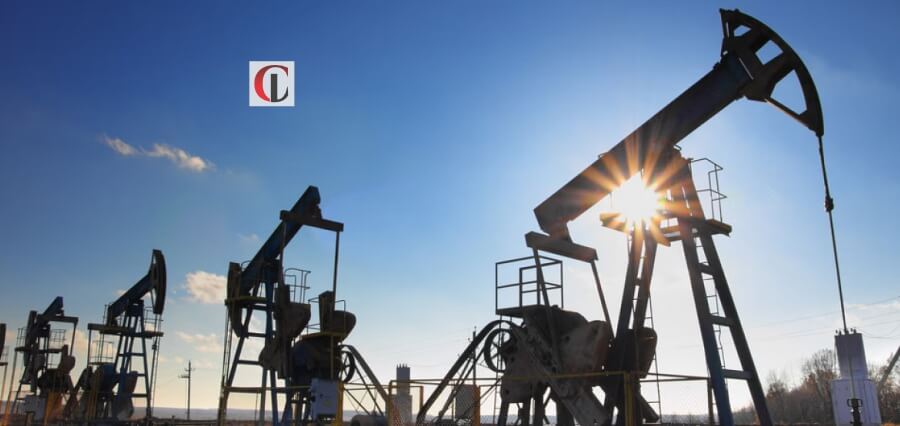Oil prices surged by 4% as the Israel-Hamas conflict entered its third day, following a surprise attack by Palestinian militants on Israel. Global benchmark Brent traded 4.53% higher at $88.41 a barrel, while U.S. West Texas Intermediate futures rose 4.69% to $88.67 per barrel. The conflict began when Hamas launched a multi-pronged infiltration into Israel, using land, sea, and air, including paragliders. Thousands of rockets were also fired from Gaza into Israel. The conflict has led to at least 700 reported deaths in Israel and 313 in the Palestinian territories.
While the surge in crude prices is significant, analysts believe it may be a knee-jerk reaction and likely temporary. For a lasting impact on oil markets, there must be a sustained reduction in oil supply or transport, according to Vivek Dhar, Commonwealth Bank’s director of mining and energy commodities research. However, the conflict does not directly threaten major sources of oil supplies, as neither Israel nor the Palestinian territories are significant oil players.
One concern is the proximity of the conflict to a key oil-producing and export region. Iran, a major oil player, is looming large as an immediate concern for the market. If Western countries officially link Iranian intelligence to the Hamas attack, Iran’s oil supply and exports could face imminent downside risks. Oil exports from Iran have been limited since former U.S. President Donald Trump exited a nuclear accord in 2018 and reimposed sanctions.
There are fears that the conflict could escalate regionally, potentially involving Iran and Lebanon’s militant group Hezbollah. Any significant involvement of Hezbollah could lead to a much bigger spike in oil prices, according to experts. The Strait of Hormuz, a crucial oil transit chokepoint, is also a factor to watch, as 40% of world exports pass through it. U.S. Secretary of State Antony Blinken has noted “limited firing” between Hezbollah and Israel, and it is being closely monitored. Overall, the conflict’s impact on oil prices will depend on its further escalation and geopolitical developments in the region.





